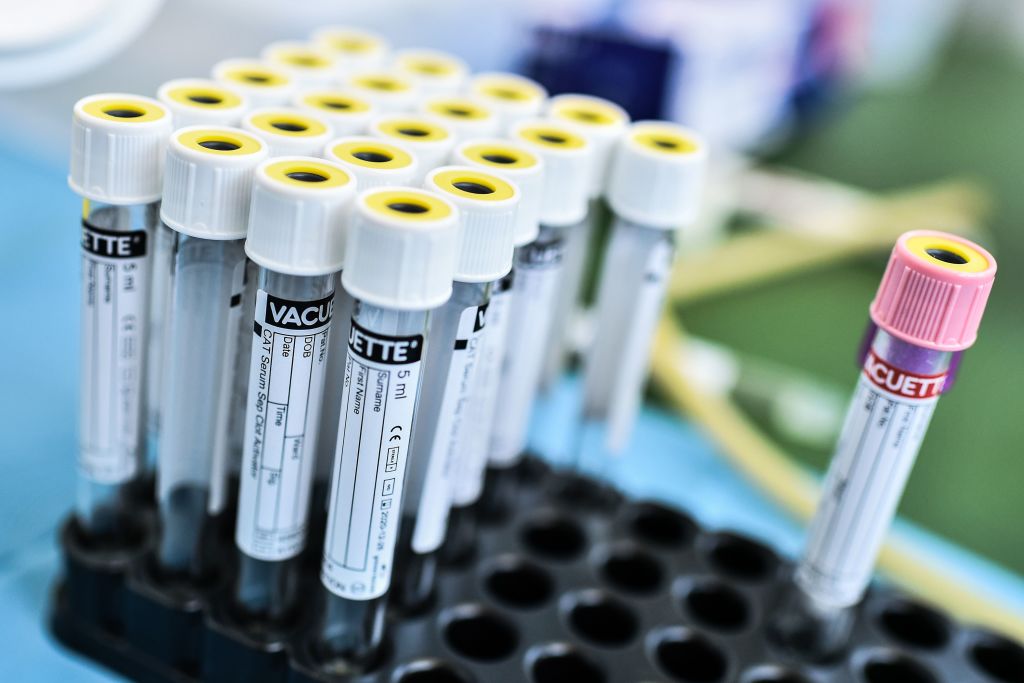States with smaller populations and not many COVID-19 cases received substantial share of relief aid


A free daily email with the biggest news stories of the day – and the best features from TheWeek.com
You are now subscribed
Your newsletter sign-up was successful
Alaska, Hawaii, Montana, and Wyoming — all states with small populations and few COVID-19 cases — received a large share of federal aid compared to coronavirus epicenters like New York and New Jersey.
The coronavirus relief bill that passed in March set aside $150 billion in funds for states to cover coronavirus-related expenses incurred from March 1 through Dec. 30. The Associated Press looked at how much money each state received when measured by the number of positive COVID-19 tests, and found that Hawaii received $2 million per positive test and Alaska was given $3.4 million per test. New York and New Jersey are the two hardest-hit states, but New York only received about $24,000 per positive test and New Jersey roughly $27,000 per positive test.
In order to get lawmakers to agree to the bill, it was written that each state had to receive at minimum $1.25 billion in aid, no matter its population or number of COVID-19 cases. That's how much money Wyoming was given, despite having less than 600 COVID-19 tests come back positive. This is 80 percent of its annual general state budget, and Gov. Mark Gordon (R) told AP he knows there will be "unduly high scrutiny on how Wyoming uses those funds." He would like some of the money to go to businesses that have had to close down during the pandemic.
The Week
Escape your echo chamber. Get the facts behind the news, plus analysis from multiple perspectives.

Sign up for The Week's Free Newsletters
From our morning news briefing to a weekly Good News Newsletter, get the best of The Week delivered directly to your inbox.
From our morning news briefing to a weekly Good News Newsletter, get the best of The Week delivered directly to your inbox.
Sen. Bill Cassidy (R-La.) and Sen. Robert Menendez (D-N.J.) are proposing that state and local governments receive $500 billion more for coronavirus relief efforts, with the money allocated based on population, number of coronavirus cases, and the health of government budgets. Read more at The Associated Press.
A free daily email with the biggest news stories of the day – and the best features from TheWeek.com
Catherine Garcia has worked as a senior writer at The Week since 2014. Her writing and reporting have appeared in Entertainment Weekly, The New York Times, Wirecutter, NBC News and "The Book of Jezebel," among others. She's a graduate of the University of Redlands and the Columbia University Graduate School of Journalism.
